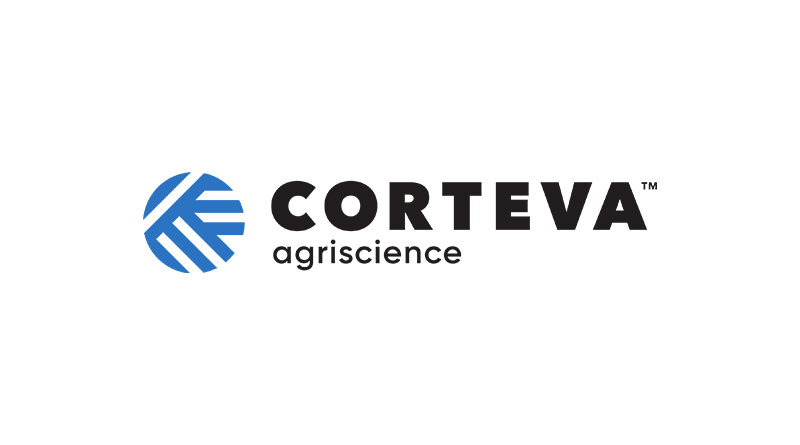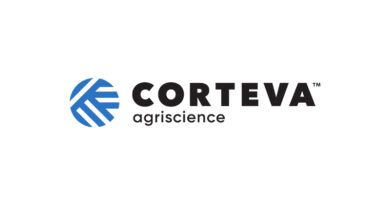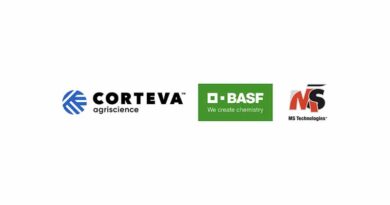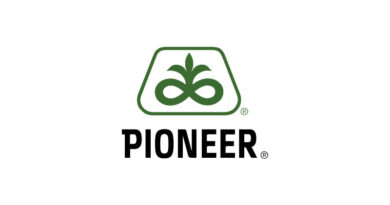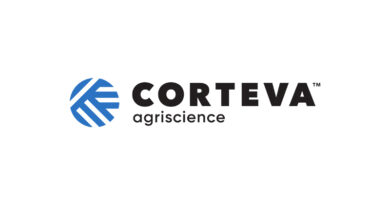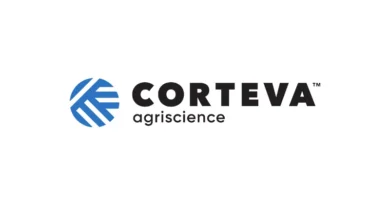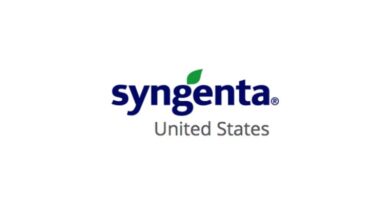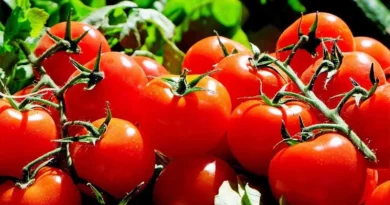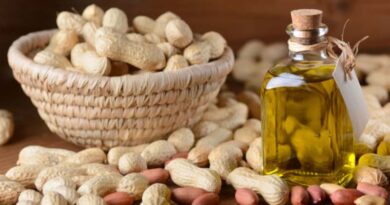Corteva Agriscience Launches Conkesta E3® Soybeans in Brazil
24 August 2021, Brazil: Corteva, Inc. (NYSE: CTVA) today announces the launch of Conkesta E3® soybeans to the Brazilian market, following key product launch decisions and consistent with Corteva Agriscience’s product launch policy. This leading technology is part of the Enlist® weed control system that also includes Enlist E3® soybeans, which recently launched in the country. Conkesta E3® soybeans will be available to Brazilian farmers in the remaining 2021-2022 season.
An important innovation for farmers in Latin America, Conkesta E3® soybeans incorporate broad lepidopteran insect protection in strong genetics as part of the Enlist® weed control system, which offers maximum flexibility and superior control of broadleaf weeds and grasses. Through the introduction of this proprietary technology, Corteva expects to expand its position in the attractive Latin America soybean market. Corteva expects this technology to drive steady, incremental growth looking further ahead.
Also Read: Beyond the Vine: Breeding Better Grapes
“This milestone is yet another clear example of the execution on Corteva’s strategy, and points to the value our balanced and geographically diverse product pipeline continues to deliver for our customers,” said Jim Collins, Chief Executive Officer of Corteva Agriscience. Collins continued, “We continue to see solid demand for our Enlist® technology in North America, and we are pleased to bring this crucial, proprietary solution to Brazilian growers — an action that further strengthens our offering in Latin America.”
Conkesta E3® soybeans recently received authorization by the European Union Commission, which enables grain produced from Conkesta E3® soybeans grown in Brazil to be exported to the European market for food and feed use. The technology has been previously authorized in several other export markets, including China. The Company remains on track for a future launch in Argentina and Uruguay, pending applicable regulatory reviews and market readiness in line with Corteva’s product launch policy and Excellence Through Stewardship product launch guidance, among other factors.
“We are very pleased to announce the launch of Conkesta E3® soybeans in Brazil. It combines high-performance genetics with efficient management of weeds and caterpillars, expanding Brazilian growers’ productivity potential,” said Alejandro Muñoz, President of Corteva Agriscience for Latin America.
Conkesta E3® soybeans are tolerant to Enlist® Colex-D® and Enlist Duo® Colex-D® herbicides — both contain 2,4-D choline with Colex-D® technology that provides near-zero volatility and reduced drift potential — and also are tolerant to glyphosate and glufosinate herbicides. Conkesta E3® soybeans additionally incorporate two Bt proteins (Cry1F and Cry1Ac) for the management of the main caterpillar pests in soybean crops, a tailored option for farmers in Latin America.
Conkesta E3® soybeans will be available for the remaining 2021-2022 season through two of Corteva’s global brands: Brevant® seeds, which provides premium seed to retail customers, and the regional genetic licensing business brand in Brazil, Cordius®, Licensing Division of Corteva Agriscience. In the 2022-2023 season, the trait also will be available through the Pioneer® brand, Corteva’s global flagship seed brand with an industry-leading, unique product portfolio and agency route-to-market approach.
The Enlist® weed control system is a solid proof point of the Company’s integrated portfolio. It delivers innovation in seed, chemistry formulations and stewardship, while providing much-needed solutions that address complex challenges such as insect resistance.
“The launch of Conkesta E3® soybeans in Brazil is great news for Brazilian soybean growers,” said Joseph Merschman, president of M.S. Technologies, L.L.C., which jointly developed and owns the product’s transgenic event with Corteva Agriscience. “We are pleased that this new trait will also be out-licensed through numerous multipliers that are currently responsible for the majority of the soybean seeds sold in the Brazilian market,” Merschman continued. “This will provide farmers with a range of germplasm options for this innovative trait.”

